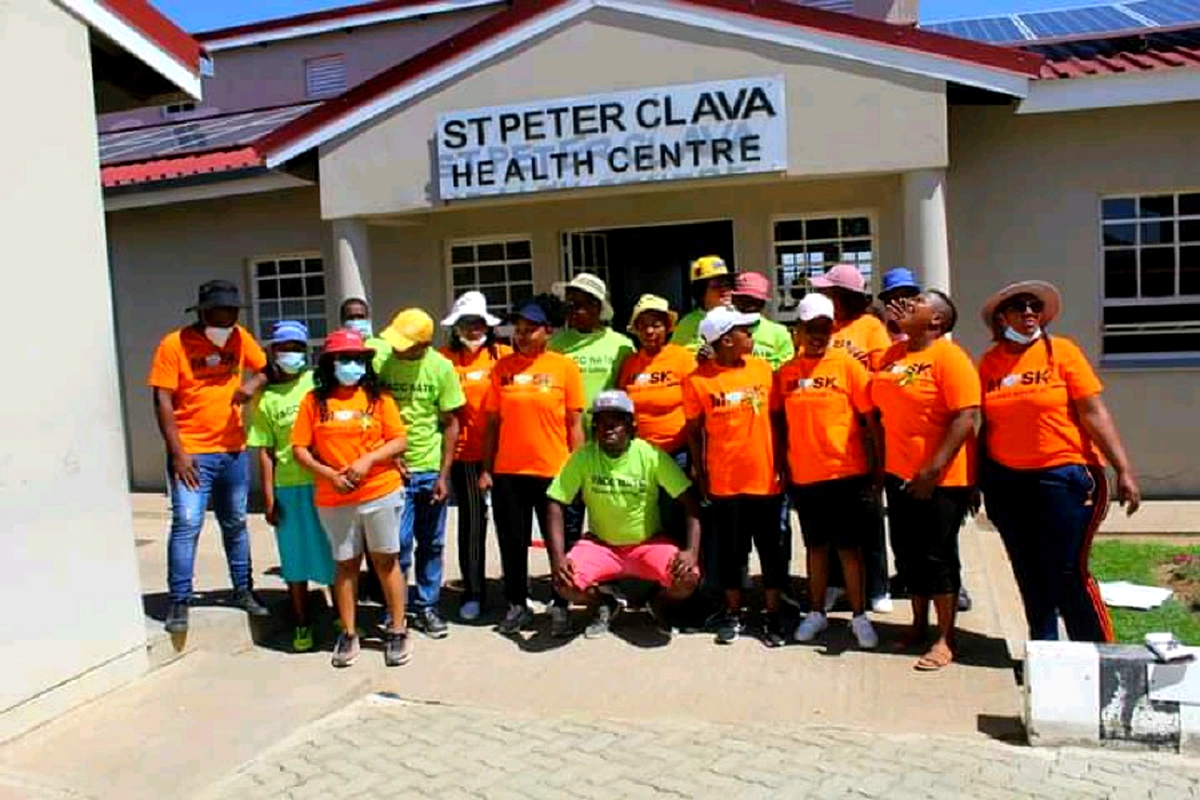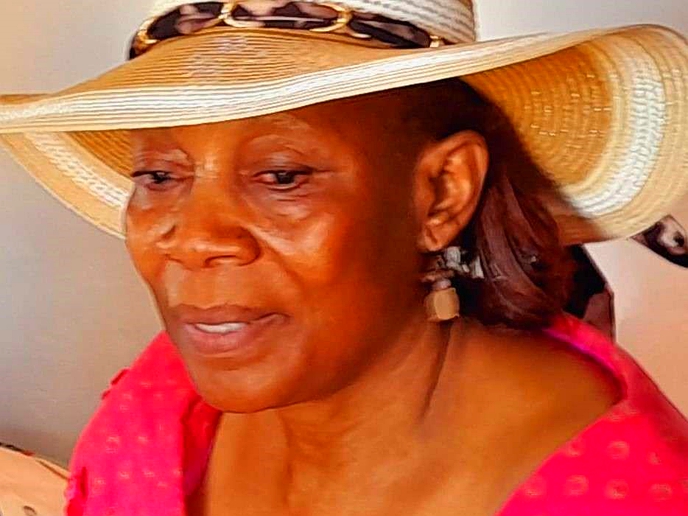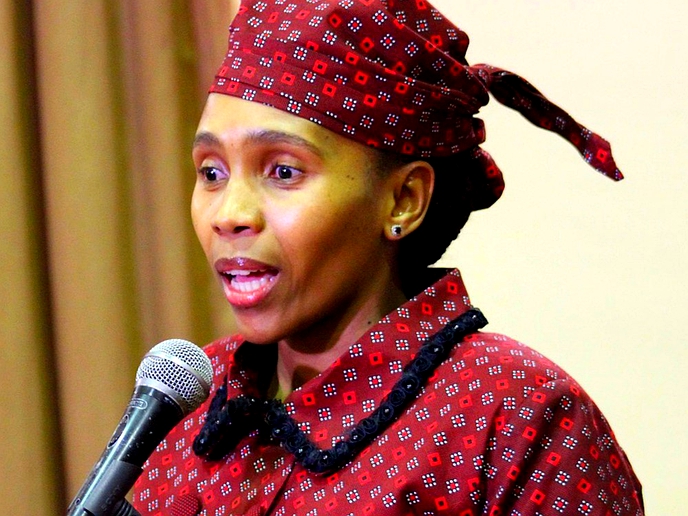SISTER Makhala Malefetsane Nthontho, the Nurse in-charge of the St Peter Clava Health Centre in Tšoeneng, Maseru says Adolescent and Youth-Friendly Health Services (AYFHS), also known as youth-friendly services, (YFS) are designed to address the barriers faced by youth in accessing high-quality sexual and reproductive health (SRH) services.
health
Nov. 8, 2021
LINEO MABEKEBEKE
4 min read
Centre offers essential adolescent friendly health guidelines

St Peter Clava Health Centre staff
Story highlights
She was speaking during the youth day campaign that the centre had hosted on Saturday to empower youth on interventions to curb teenage pregnancy and child marriage.
Some of the barriers that adolescents face in obtaining the health services they need, Sister Nthontho said also affect children and adults, adding that the barriers relate to the availability.
“In many places, health services such as emergency contraception are not available to anyone, not adolescents or adults,” Sister Nthontho said.
She said although the centre does not have adolescents’ health corners, it however, offers adolescent friendly health service guidelines.
She added: “We offer services such as antenatal services, pre-natal sessions for couples, HIV testing and counselling and also holds discussions on family planning. But as a Roman Catholic institution, we do not offer family planning services.”
She said they only talk to their clients about family planning and link them to their sister facility.
Other topics discussed included prevention and treatment of Sexually Transmitted Infections (STIs), peer pressure and impact on young people’s health, sex and sexuality.
The topics, Sister Nthontho said were meant to address three indicators, which included child marriage, teenage pregnancy and the low uptake of COVID-19 vaccine amongst youth.
This, she said was because, they realised that it is only adults in settlements around the health centre who vaccinate in satisfying numbers, adding that they tried social mobilisation and public gatherings, hoping that the youth could come and take their vaccines but they never do.
“Because we know that the youth is a very mobile group that is most affected but yet hard to reach, we decided to host the youth day campaign, which began with a fun walk, followed by teaching and learning sessions,” she noted.
The youth was also informed about the services of adolescent health corners and friendly health services, which are available at most Christian Health Association of Lesotho (CHAL) health facilities across the country.
As part of the event, the youth was also vaccinated for COVID-19 and 69 of them received their jabs while more than 350 participated in the campaign.
Even where health services are available, adolescents may be unable to obtain them for a variety of reasons. Restrictive laws and policies may prevent some health services from being accessed by some groups of adolescents, like the provision of contraceptives to unmarried adolescents.
“Adolescents may not know where and when health services are provided, health facilities may be located a long distance from where they live, study, or work; or health services may be expensive and beyond their reach,” Sister Nthontho also said.
One of the youth who participated in the event, Ithabeleng Chabeli also confirmed that health services are not readily accessible to them.
“As youth, we want to be treated with respect and to be sure that our confidentiality is respected whenever we access services,” she said.
Enjoy our daily newsletter from today
Access exclusive newsletters, along with previews of new media releases.
Ms Chabeli also noted that young people require services that support their physiological, cognitive, emotional, and social transition into adulthood.
“Delivering quality services that are tailored to young people may improve service use, adherence to contraceptive methods, and increase the likelihood of obtaining on-going care,” she said.
She added: “It is important for healthcare workers to understand how to best to deliver services to young people and evaluate the impact of service delivery in order to improve youth SRH outcomes.”
According to the World Health Organisation’s (WHO) 2001 Global Consultation on Adolescent Friendly Health Services, SRH services for adolescents should aim to achieve at least one of three goals; provide a supportive environment, improve reproductive health knowledge, attitudes, skills and behaviours, and increase utilisation of health and related services.






